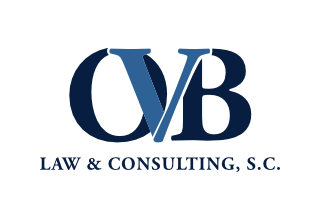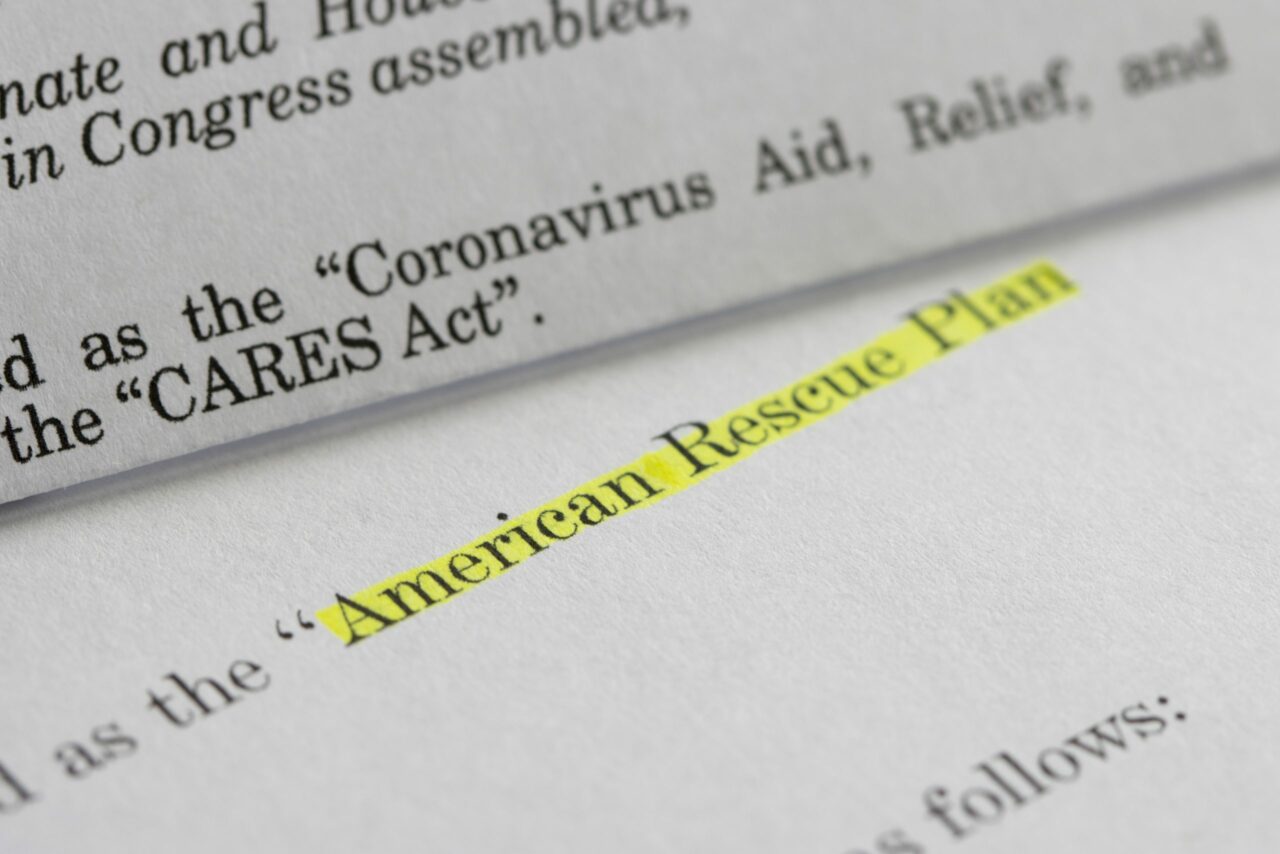As the COVID-19 pandemic continues into 2021, employers are seeking financially responsible options to keep their employees safe and their businesses buoyant. Originally, the Families First Coronavirus Response Act (“FFCRA”) required private-sector employers with fewer than 500 employees to provide paid sick leave and paid family leave to eligible employees who had been exposed to COVID-19, were recovering from a COVID-19 diagnosis, or caring for a family member who was infected or recovering from COVID-19. This required paid leave for employees expired at the end of 2020.
However, with the Consolidated Appropriations Act of 2021 (“CAA”), which went into effect on December 27, 2020, employers could voluntarily continue to follow the FFCRA paid leave requirements into 2021 in exchange for continued tax credits applied to qualified employers. Under CAA, those voluntary paid leave options are set to expire on March 31, 2021.
Most recently, the new American Rescue Plan of 2021 (“ARP”), that was signed into law March 11, 2021, extends payroll tax credits to employers who voluntarily elect to offer paid leave under the FFCRA to their employees. Under the ARP, payroll tax credits for paid leave will be available to employers until September 30, 2021. Most importantly, the ARP resets the eligibility of all employees for paid sick leave beginning on April 1, 2021. That means that even if an employee has exhausted their FFCRA paid leave prior to March 31, 2021, beginning April 1, 2021, if the employer participates in the program, that employee is eligible to take another 10-days/80-hours of paid sick leave.
In addition to the previous FFCRA eligibility, employees may also take paid leave for the following reasons**:
- Employees are obtaining or awaiting the results of their COVID-19 diagnostic test, the employeehas been exposed to COVID-19 and must quarantine, or the employer has requested that theemployee be tested or quarantine due to exposure to COVID-19;
- The employee is receiving the vaccination for COVID-19; or
- The employee is recovering from an injury, disability, illness, or condition related to a COVID-19 vaccination.
**Note: these expanded reasons will apply to both paid sick leave and paid family leave.
The FFCRA previously only covered an employee’s request for paid family leave if their child’s school or place of care had closed due to a COVID-19 related reasoning. It also provided that the first two weeks of leave could be unpaid.
Now, under ARP, the qualifications for paid family leave have expanded to cover several reasons, including quarantine or treatment of an employee’s child due to COVID-19 diagnosis or symptoms or care for a family member with COVID-19 diagnosis or symptoms.
Additionally, if an employee qualifies for the emergency family and medical leave, they are eligible for a full 12 weeks of paid leave, assuming they have not previously used any emergency family and medical leave or regular family and medical leave.
An employer may receive up to a $12,000 tax credit per employee for qualifying emergency family and medical leave. Previously, the FFCRA only allotted a $10,000 cap for the tax credit per employee and required that the first two-weeks be an unpaid period of family leave. Now, ARP increased the voluntary tax credit by $2,000 per employee and has removed the initial two-week unpaid period.
While ARP will go into effect on April 1, 2021, the FFCRA leave remains completely voluntary to businesses who qualify. Though voluntary, if an employer opts to participate, they must ensure to make such leave
available to all employees. This is especially true because the ARP contains non-discrimination language, which if violated could result in the employer losing the tax credit option.
Employers who are seeking to voluntarily engage in the new FFCRA tax credits through ARP, are encouraged to seek counsel and advice from qualified attorneys with experience in employment law and HR policy procedures.



